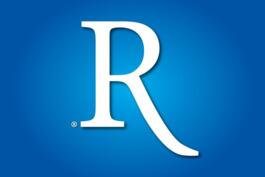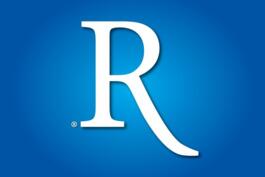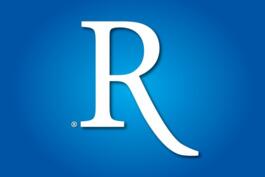Overdue Questions: What Might Be Missing From Bush's Presidential Library
A Commentary By Joe Conason
Like all such monuments that former presidents construct to edify the public, the George W. Bush Presidential Center -- opened with great ceremony in Texas last week -- is mounted from its subject's point of view.
My own invitation to the festivities must have been lost in the mail, so I have yet to view the super-cool interactive exhibitions that reportedly allow visitors to become "the decider" on Iraq and other debacles. But the point seems to be that the 43rd president came under sustained pressure and, if he screwed up to an unprecedented degree, then he doesn't think you or I would have done any better.
That pointless comparison would no doubt elicit Bush's trademark smirk. He is said to feel satisfied with himself, no matter what the world thinks.
Still, the overall tone of the remarks by President Obama, former President Clinton and others who attended the library dedication was appropriately generous, as befits such a civic occasion in a democracy -- even in honor of a man who ascended to office by trampling democratic values. Obama drew attention to the good works that Bush did to combat HIV/AIDS while in office, perhaps his single most important achievement, as did Clinton, who also generously praised Bush's fitful effort to reform immigration and his work with Clinton in post-earthquake Haiti.
But does that mean Bush may now take for granted the verdict of historians, many of whom consider him America's worst president? Not so fast, please: There are a few salient questions that Bush (or at least his library) ought to address before the rehabilitation begins.
Everything changed abruptly after Sept. 11, 2001, as the Bush library depicts so dramatically -- but what should have changed in the White House before that horrific day? Why did Bush and Cheney ignore the warnings about al-Qaida delivered by Bill Clinton, Richard Clarke and other authoritative figures when he took office? What were they trying to conceal when the Bush White House first opposed and then tried to weaken the 9/11 Commission?
Why did he and Dick Cheney (barely mentioned in the Bush library, according to NBC's David Gregory) permit Osama bin Laden and the Taliban's Mullah Omar to escape from Tora Bora after allied forces invaded Afghanistan? Was it wise to neglect the Afghan conflict while launching an invasion of Iraq?
The library portrays Bush as a dauntless advocate for "freedom" around the world. But did the invasion and occupation of Iraq establish liberty in that country, and if so, for whom? Why is the authoritarian Shiite government in Baghdad now among the closest allies of the theocratic dictatorship in Iran? (And wasn't that a predictable outcome of Bush's Iraq policies?)
Finally, do the library's exhibits or archives mention anywhere the hundreds of thousands of people killed, crippled, wounded and driven from their homes as a consequence of the Iraq invasion? Is any attention devoted to the total financial cost of the war, last estimated to be approaching three trillion dollars?
Those traumas will always haunt the Bush presidency, no matter how many coats of red-blue-and-whitewash are applied in Dallas during the years ahead. And that is why Barbara Bush, his acerbic mother, sounded so wise when she spoke of the potential presidential candidacy of his brother Jeb.
"We've had enough Bushes," she said.
To find out more about Joe Conason, visit the Creators Syndicate website at www.creators.com.
COPYRIGHT 2013 CREATORS.COM
See Other Political Commentary.
See Other Commentary by Joe Conason.
Views expressed in this column are those of the author, not those of Rasmussen Reports.Comments about this content should be directed to the author or syndicate.
Rasmussen Reports is a media company specializing in the collection, publication and distribution of public opinion information.
We conduct public opinion polls on a variety of topics to inform our audience on events in the news and other topics of interest. To ensure editorial control and independence, we pay for the polls ourselves and generate revenue through the sale of subscriptions, sponsorships, and advertising. Nightly polling on politics, business and lifestyle topics provides the content to update the Rasmussen Reports web site many times each day. If it's in the news, it's in our polls. Additionally, the data drives a daily update newsletter and various media outlets across the country.
Some information, including the Rasmussen Reports daily Presidential Tracking Poll and commentaries are available for free to the general public. Subscriptions are available for $4.95 a month or 34.95 a year that provide subscribers with exclusive access to more than 20 stories per week on upcoming elections, consumer confidence, and issues that affect us all. For those who are really into the numbers, Platinum Members can review demographic crosstabs and a full history of our data.
To learn more about our methodology, click here.



